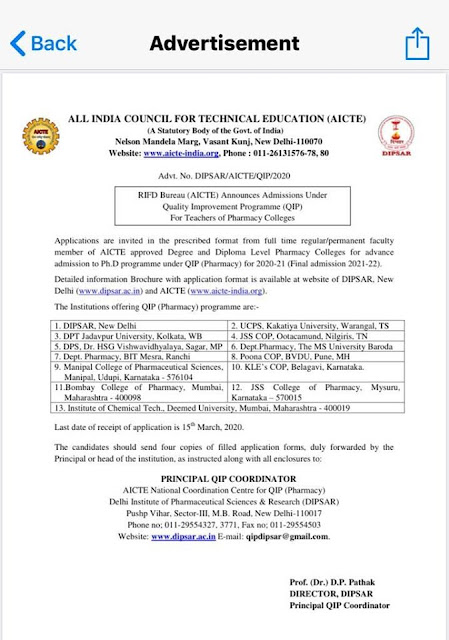Suggesting sweeping reforms to promote the quality of research in India, a UGC panel has recommended that publication of research material in “predatory” journals or presentations in conferences organised by their publishers should not be considered for academic credit in any form. They include selection, confirmation, promotion, appraisal, and award of scholarships and degrees, the panel has suggested. The committee, which submitted its 14-page report to the UGC recently, has also recommended changes in PhD and MPhil programmes, including a new board for social sciences research. The four-member committee — headed by P Balram, former director of the Indian Institute of Science (IISc) in Bengaluru — was formed by the UGC late last year after The Indian Express published a series of investigative reports on how India has emerged as one of the biggest markets for “predatory” publishers of substandard research journals. The reports showed how over 300 “predatory” publishers b...

